200.12 - Double DECs
Double DEC Science + Social Science
The Double DEC in Science and Social Science allows students to combine the analytical precision of the sciences and the human insight of the social sciences.
Admission
- Fall
Duration
- 3 years
Interests
- Science
- Social Science
- Business & Commerce
- Culture
- Health, Wellness & the Body
Requirements
- Chemistry 534 or equivalent
- Physics 534 or equivalent
- Math TS or SN 5
What You Can Expect from the Program
The Double DEC in Science and Social Science offers a rich, interdisciplinary academic path that satisfies pre-requisites for virtually all university programs. In addition, this program combines the precise analytical skills of the sciences with the deep understanding of human behaviour from the social sciences, cultivating a comprehensive and balanced skill set. For certain careers, like environmental law, a broader foundation in both the physical and social sciences provides a stronger preparation for university studies than either the Science or Social Science program alone.
The Double DEC program also features a reduced course load compared to a single DEC. This lighter load allows students more time to focus on each course. Additionally, the extended timeline provides valuable opportunities for students to further discover their interests and improve their English-language skills before going to university.
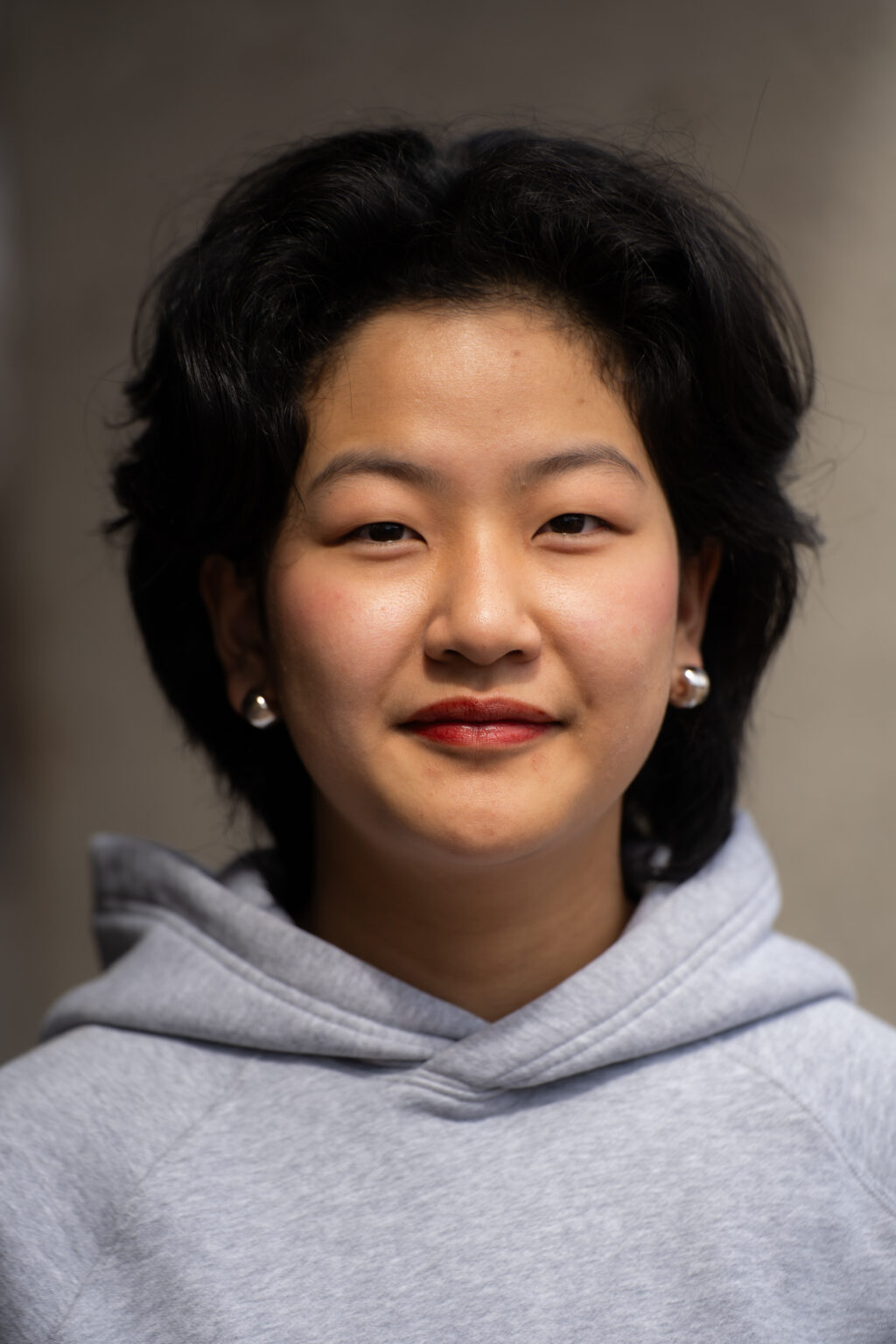
Open the Door to All University Programs
Connecting Disciplines, Expanding Perspectives
Make meaningful connections between your science and social science courses. This interdisciplinary approach allows you to explore both the scientific method and human behaviour, combining data-driven analysis with critical insight into social, political, and cultural issues.
Gain Valuable Experience in a Lab Full of Cutting-Edge Equipment
With dedicated laboratories for biology, chemistry, and physics, students can put theory into practice through hands-on experiments.
A Program Shaped by Your Personal Interests
Choose the classes that interest you from a diverse range of social science courses, including psychology, sociology, political science, history, economics, geography, and business.
2
Diplomas in 3 years
3
Well-equipped labs at your disposal
7
Social Science subjects to explore
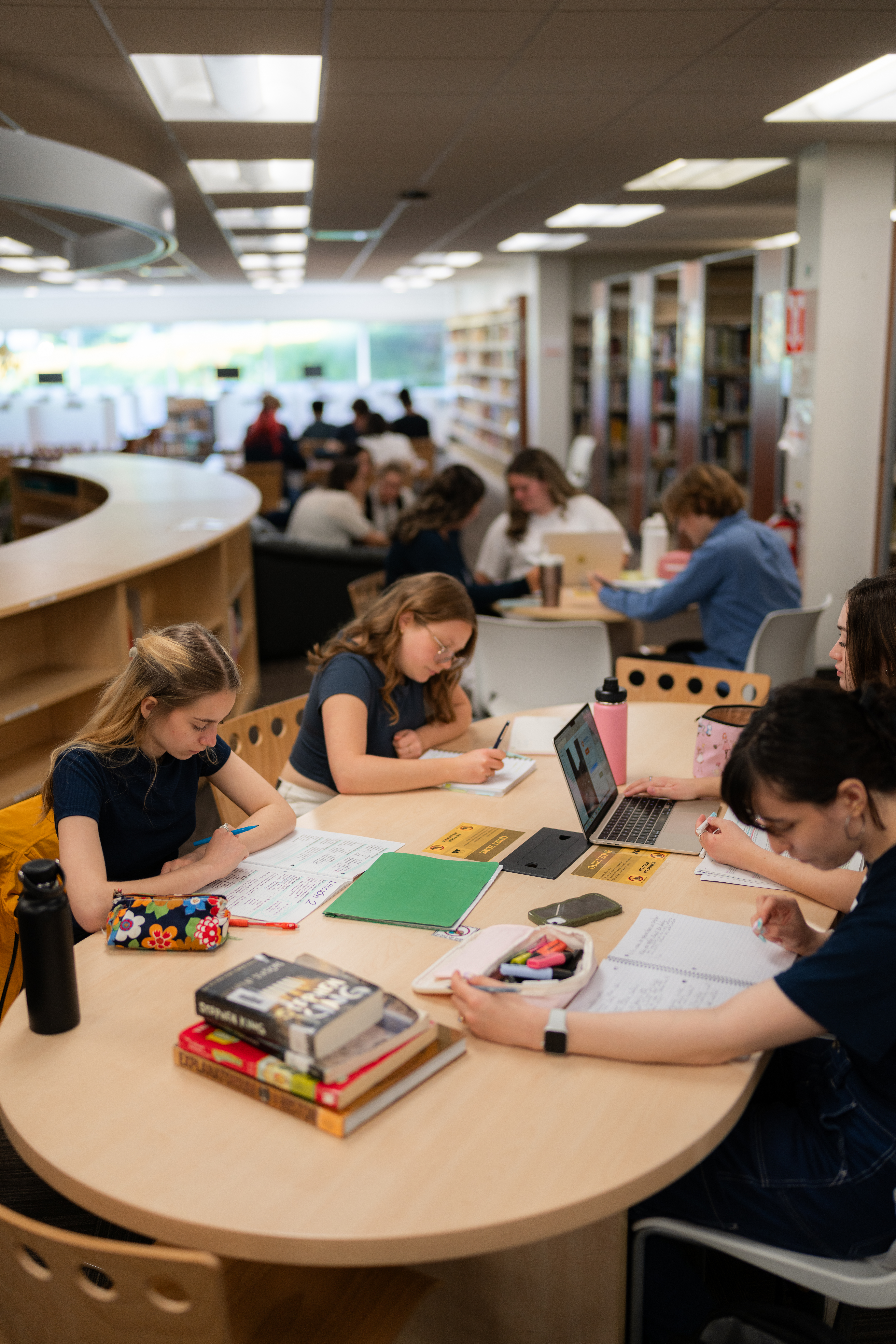
Take the Lead in Your Studies
While there are no formal profiles in the Double DEC program, you can personalize your upper-level course selections to align with your university and career goals.
If you are eligible to attend English school under the Charter of the French language and are in possession of a certificate granted by the Ministry of Education, you are considered a Certificate Holder. Your course sequence will then be determined by your results in the high school French course (1-2 or 3-4). For more information about Certificates, please consult the Ministry of Education’s website. If you are not eligible, you must follow the course sequence for Non Certificate Holders that prepares students for l’Épreuve uniforme de français (EUF – French ministerial language evaluation).
Choose Organic Chemistry and General Biology II as Science options to qualify for admission to all health-related programs at Quebec universities.
Prerequisites can vary. Please reach out to the Guidance Counselor for more information.
Prerequisites can vary. Please reach out to the Guidance Counselor for more information.
Double DEC Science + Social Science Courses
Your specific course sequence is determined by your Certificate status.
Course sequence legend :
(Theory – Laboratory – Personal Work)
- Theory (T): Hours in class per week
- Laboratory (L): Hours of laboratory or internship per week
- Personal Work (P): Estimated personal work hours outside of class
Total contact hours per week: Hours in class (Theory + Laboratory) for the semester
Your Path to Graduation
All college programs in Québec have a graduate profile that outlines the competencies students are expected to develop to graduate from the program. To assess whether these expectations are met, students complete a comprehensive assessment (CA). In some programs, this assessment is integrated into a course featuring an integrative activity (IA) that builds on knowledge gained in previous courses.
For this Double DEC, you will complete the CA and IA requirements for both the Science and Social Science programs during your sixth semester.
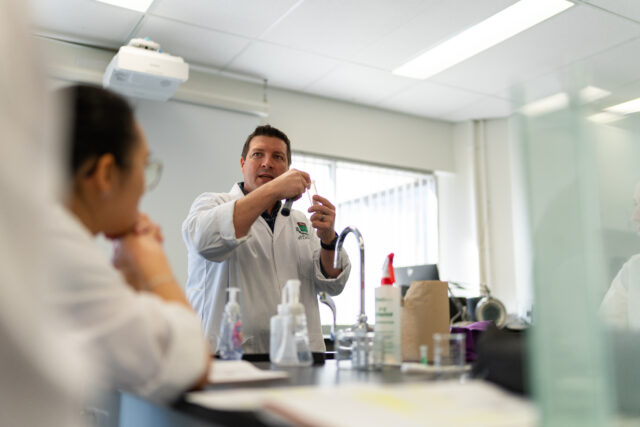
Science Graduate Profile
St. Lawrence Science Program graduates must be able to
- Apply the scientific method
- Take a systematic approach to problem solving
- Use the appropriate information technologies
- Reason logically
- Communicate effectively
- Learn in an autonomous manner
- Work as members of a team
- Make connections between science, technology and social progress
- Identify their system of values
- Become familiar with the context in which scientific concepts are discovered and developed
- Develop attitudes appropriate for scientific work
- Apply what they have learned to new situations.
These goals are not assigned to specific disciplines. All the courses in the program contribute to the development and evaluation of one or more these skills.
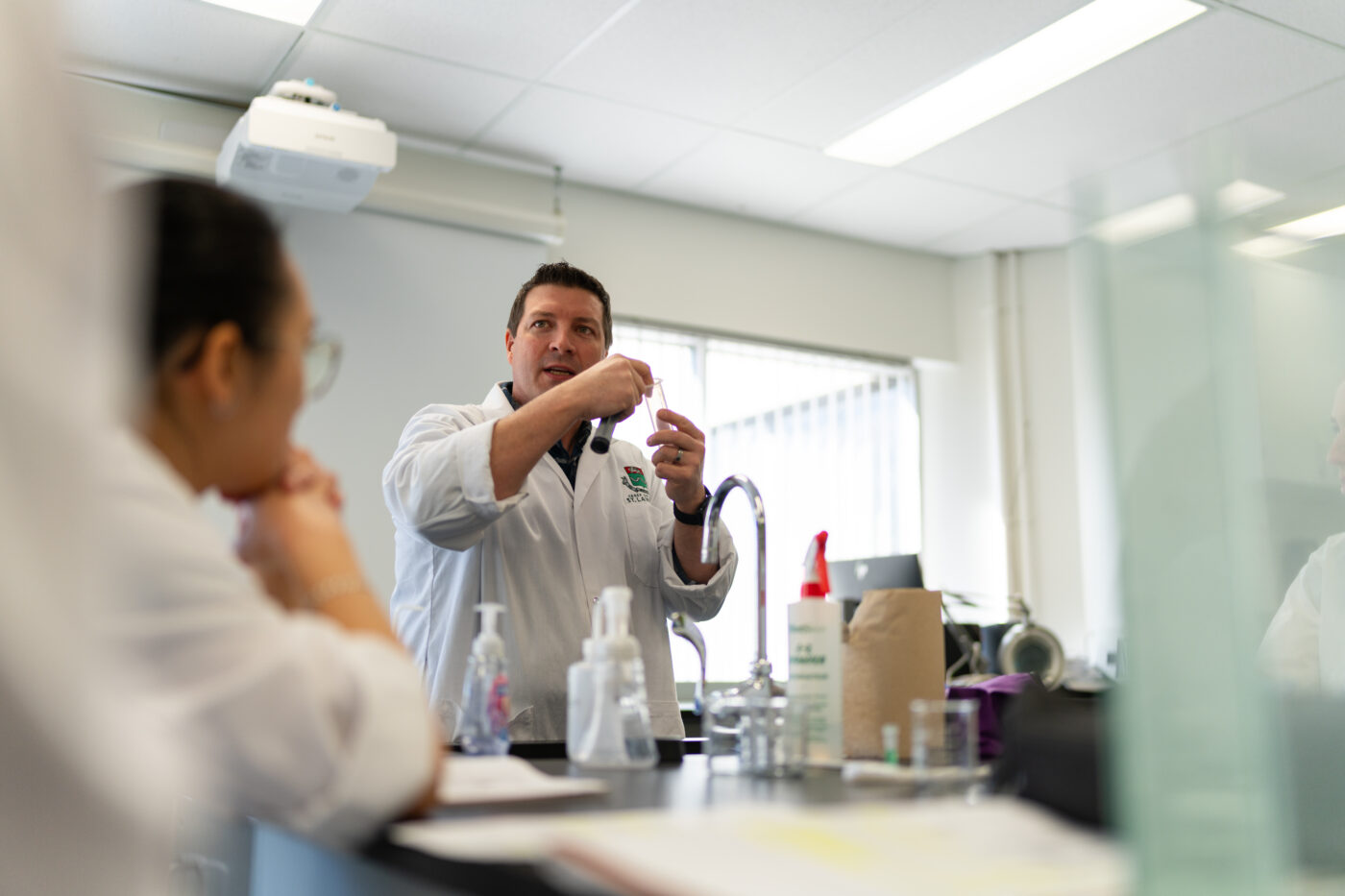
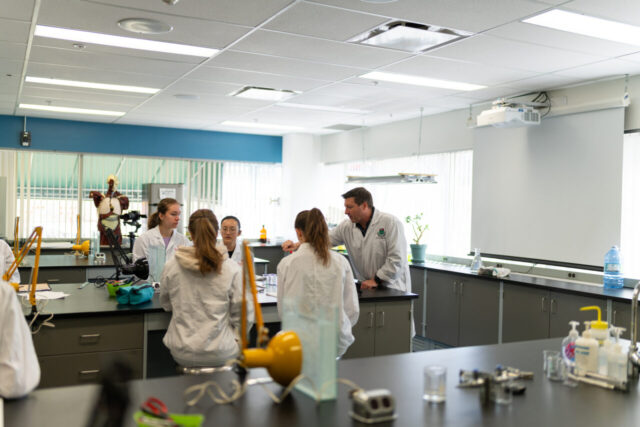
Social Science Graduate Profile
Graduates of the St. Lawrence Social Science Program should be able to:
- Explain human realities by using the main facts, concepts, theories, models and approaches specific to the social science disciplines in a multidisciplinary perspective
- Examine and address, in an inclusive manner, various issues related to citizenship in today’s world, to cultural diversity, and to civic engagement
- Use academic work tools and methods as well as the technology, including information technology, needed to successfully pursue their studies
- Demonstrate scientific and intellectual curiosity, and think critically with a concern for ethical issues
- Experiment with social science research methods in accordance with ethical standards
- Convey ideas in a clear and organized manner in English, both orally and in writing, in the context of social science studies
- Read and understand information resources in French in the context of social science studies
- Demonstrate integration of discipline-specific knowledge and methodological skills required for the study of human realities
- Foster life and self-improvement skills and encourage participation in a global, diverse and digital society;
- Learn and work autonomously, by considering one’s learning processes and by designing, planning, carrying out and evaluating projects to meet one’s goals
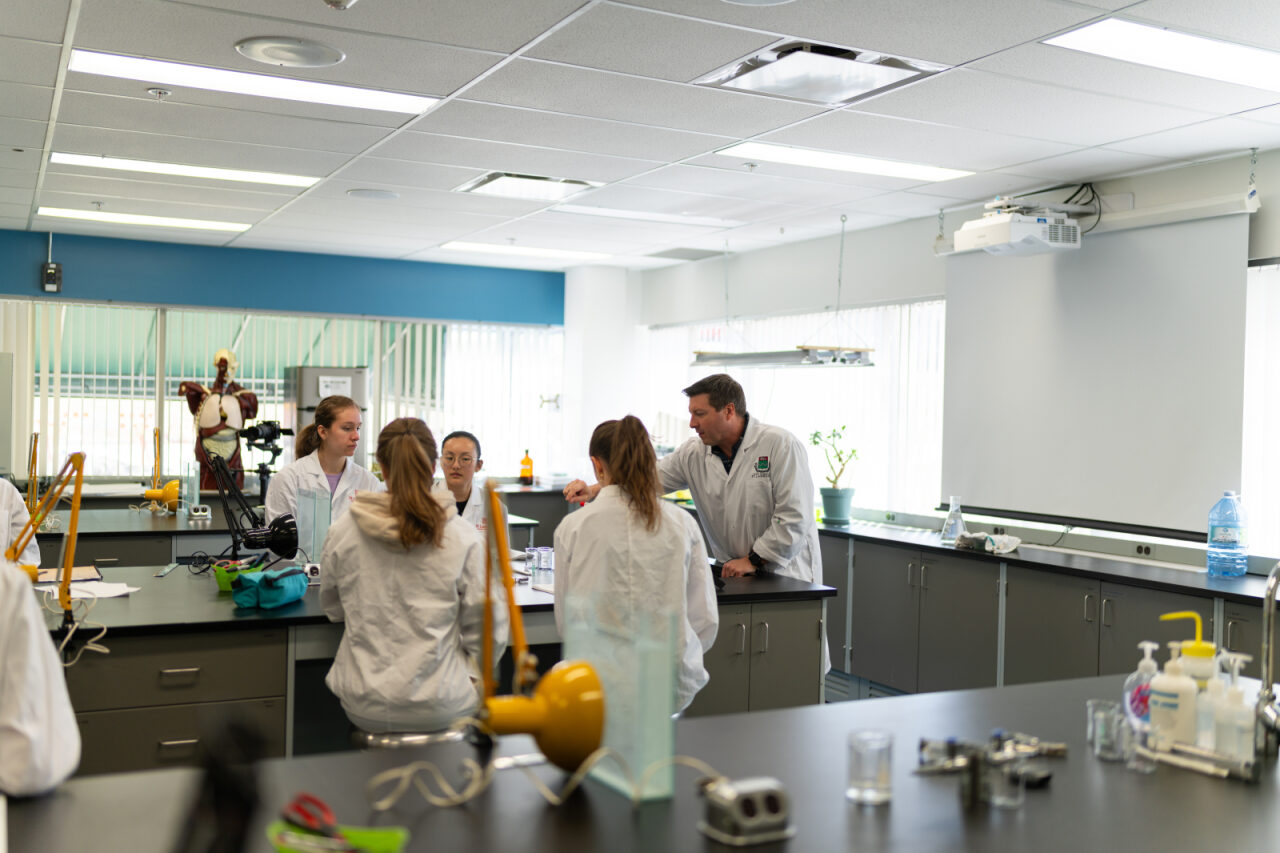
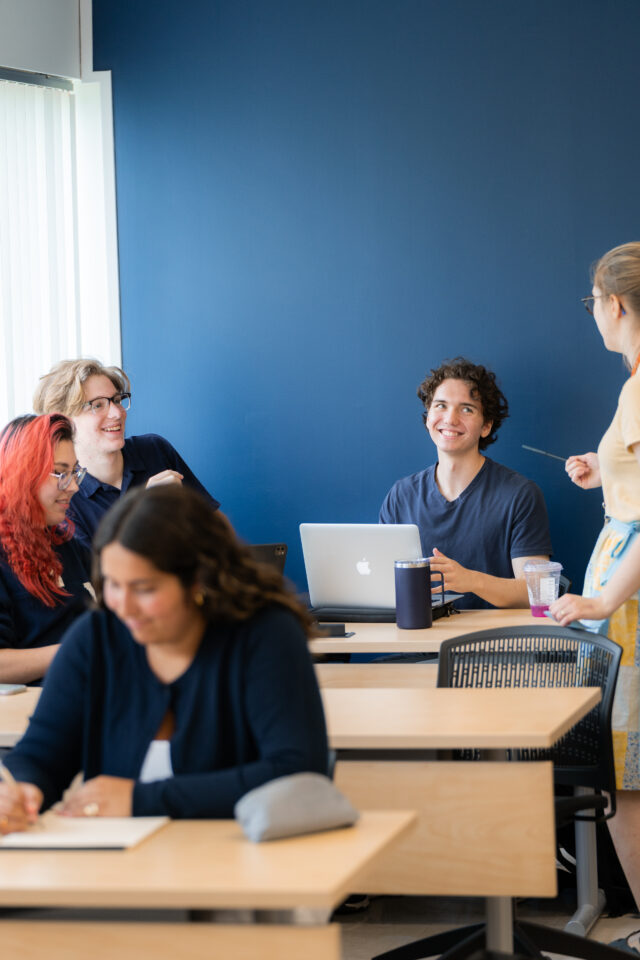
Science Comprehensive Assessment
What will be assessed?
The comprehensive assessment will be completed in the CA/IA option course that you take in your last semester of study. See the CA/IA course descriptions in either of the profiles of the Science Program.
The comprehensive assessment is based on a CA portfolio you produce during the CA/IA course. The portfolio must demonstrate that you have attained the 12 program goals of the graduate profile. It may contain work (tests, assignments, papers and such) completed during any of the courses that you have taken to fulfill the requirements of the Science Program and documents produced for the exercise on ethical issues, as well as the written report for the integrative activity. Alternatively, the portfolio may be made up of a self-reflective essay that evaluates how you have attained the goals and objectives of the Science Program, citing specific examples of what was done to achieve these goals.
The table below shows how the elements of the graduate profile are tied to the CA/IA course objectives or competencies defined by the government.
| Graduate Profile | Integration Objective (00UU)
To apply acquired knowledge to the study of one or more subjects in the sciences |
Science Option Objective (00UV)
To apply the scientific approach in a given scientific field |
| 1. Apply the scientific method
2. Take a systematic approach to problem solving 12.Apply what they have learned to new situations |
To apply the experimental method
To solve problems To recognize the contribution of more than one scientific discipline to certain situations |
To apply techniques of experimentation or validation specific to science
To solve problems using a method proper to science To represent various situations, drawing upon relevant concepts, laws and principles of science |
| 3. Use the appropriate information technologies | To use data-processing technologies | |
| 4. Reason logically | To reason logically | |
| 5. Communicate effectively | To communicate effectively | |
| 6. Learn in an autonomous manner
10.Become familiar with the context in which scientific concepts are discovered and developed |
To show evidence of independent learning in their choice of documentation or laboratory instruments | |
| 7. Work as members of a team | To work as members of a team | |
| 8. Make connections between science, technology and social progress | To make connections between science, technology and social progress | |
| 9. Identify their system of values | ||
| 11.Develop attitudes appropriate for scientific work |
How will it be assessed?
The CA portfolio will be prepared individually by you and handed in for evaluation. The teacher of the CA/IA course will ascertain with a pass/fail grade the attainment of the program skills using the criteria listed in the graduate profile.
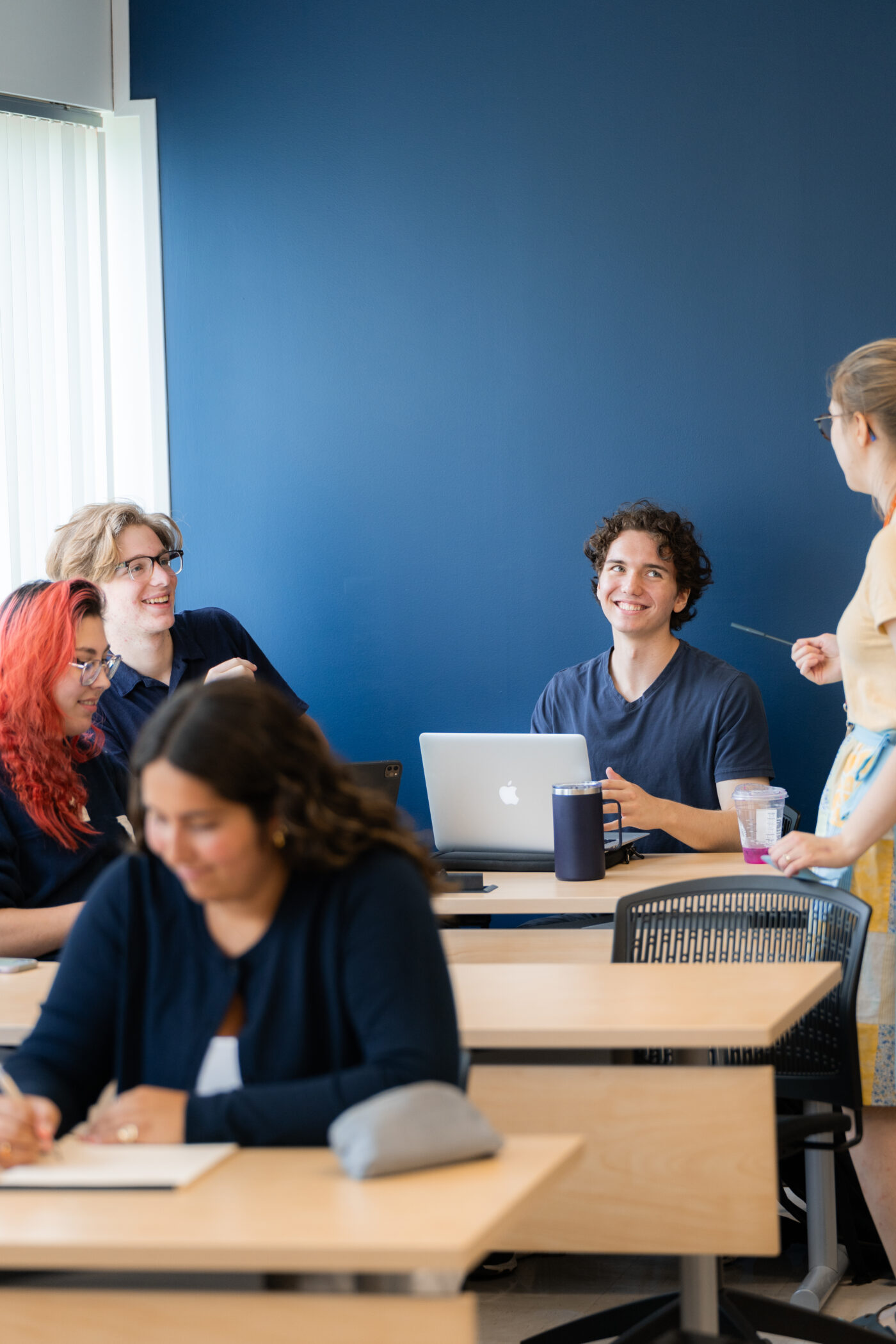
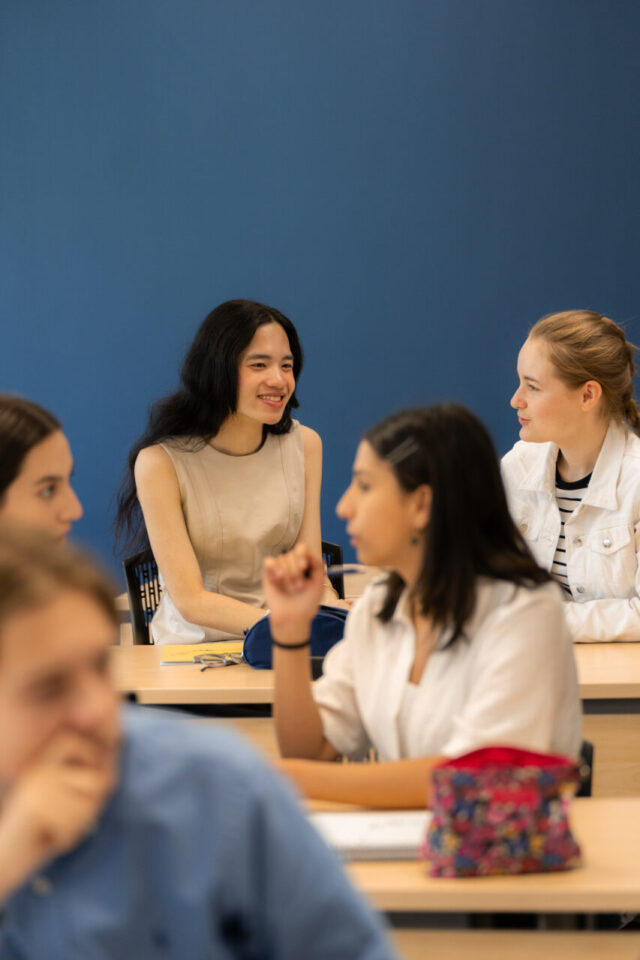
Social Science Comprehensive Assessment
What will be assessed?
The comprehensive assessment will be completed in the IA course that you take in your last semester. See the IA course description in any of the profiles of the Social Science Program.
You must demonstrate your individual ability to integrate the knowledge, skills and attitudes developed throughout your program by preparing, writing and presenting, both orally and in writing, a social science research essay that uses scholarly sources in French and in English, that considers at least three disciplinary perspectives, and that incorporates collection and analysis of primary data. In other words, you are expected to consolidate and demonstrate your achievement of the expectations of the graduate profile.
The subject for the senior research paper will be selected in consultation with the professor. The research paper is to be at least 2,500 words in length. A bibliography of 10 to 15 sources is required with three to five French sources.
How will it be assessed?
The comprehensive assessment will lead to a pass/fail grade based on the attainment of the elements of the graduate profile in the IA course. You must complete all required IA course work in order to pass the comprehensive assessment. Incomplete course work will result in no grade for the final paper, and thus a failing grade for both the IA course and the comprehensive assessment.
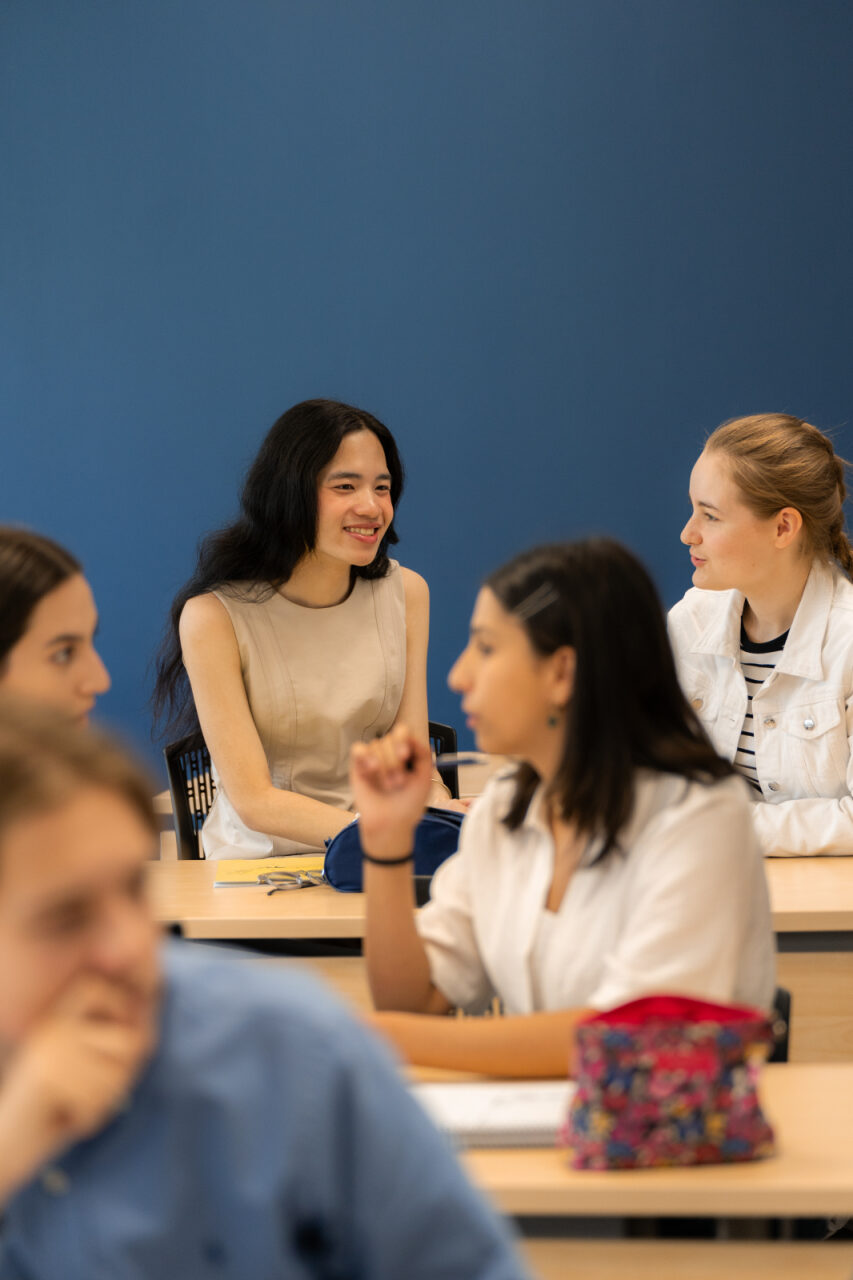
Where Might Your Double DEC Lead You?
A Double DEC prepares you for university programs in both disciplines.
The DEC in Science opens the door to numerous programs in physical sciences and mathematics. It provides a pathway to health-related fields including audiology, dentistry, kinesiology, medicine, microbiology, nursing, nutrition, occupational therapy, optometry, pharmacy, physiotherapy, and veterinary medicine. Additionally, it supports further studies in pure and applied sciences such as actuarial sciences, architecture, biochemistry, biology, chemistry, computer science, engineering, geology, geomatics, mathematics, and physics.
The DEC in Social Science opens the door to numerous programs such as business administration, commerce, communications and journalism, counselling, criminology, economics, education, geography, history, industrial design, industrial relations, international business, international relations, law, political science, psychology, social work, sociology, tourism, and urban studies.
